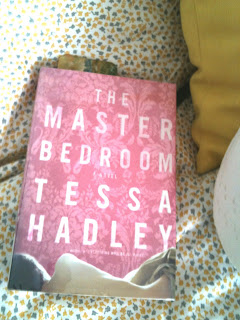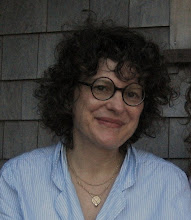Rules of Civility was written by someone named Amor Towles and it wasn't until the last page and the acknowledgments that I knew he was a man. On a Kindle you have no author photo to ponder. Since it's written in the voice of a woman I found it interesting that I didn't know one way or the other.
The Rules of Civility it refers to are those rules written by a young George Washington to himself which one of the characters tries to live by. It's a story of a young woman in Manhattan in1938 who starts out working in the secretarial pool and then slowly makes her way up the ladder both career wise and socially. The setting is the Manhattan of old black and white screwball comedies with a My Man Godfrey sort of vibe. The novel deals a lot with the role of fate in so much of our life. Certain seemingly minor choices lead to certain major outcomes and before you know it you're working here or married to that person you met that night you happened to walk into a bar.
The young woman, Katya, who now goes by Katie, lives in a rooming house with other women and becomes friends with Eve, they walk into a bar and meet a man named Tinker Grey who reshapes both of their lives in very different ways. Through him they move into the very rich trust fund set and go to glamorous parties. Both the women have their sights set on him and the author handles that tension quite well.
My only quibble with the book is that there are certain characters that are shunted off at some point when they no longer serve the narrative and you never know what really happens to them and then there is an endless trove of Dickies and Bitsy's and Bucky's who you can't tell apart and who never exist beyond their names. He writes well though and there is a real feel for the time and place that they're in.
The Rules of Civility by George Washington are also enclosed in the book and they are quite instructive. If nothing else I appreciate having learned about them. Quite handy.






 I
I










































